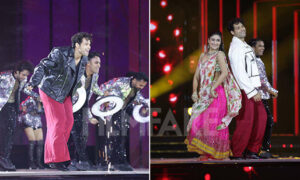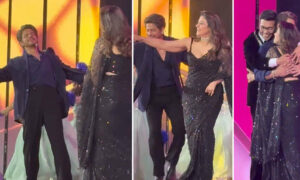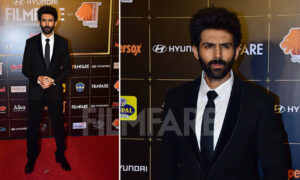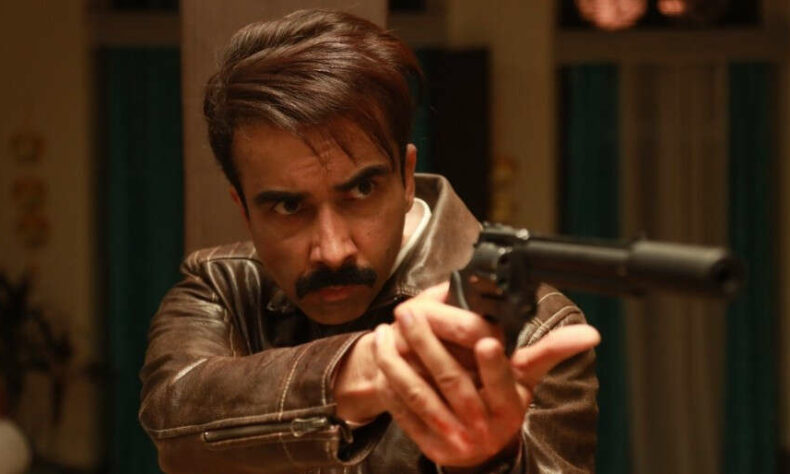
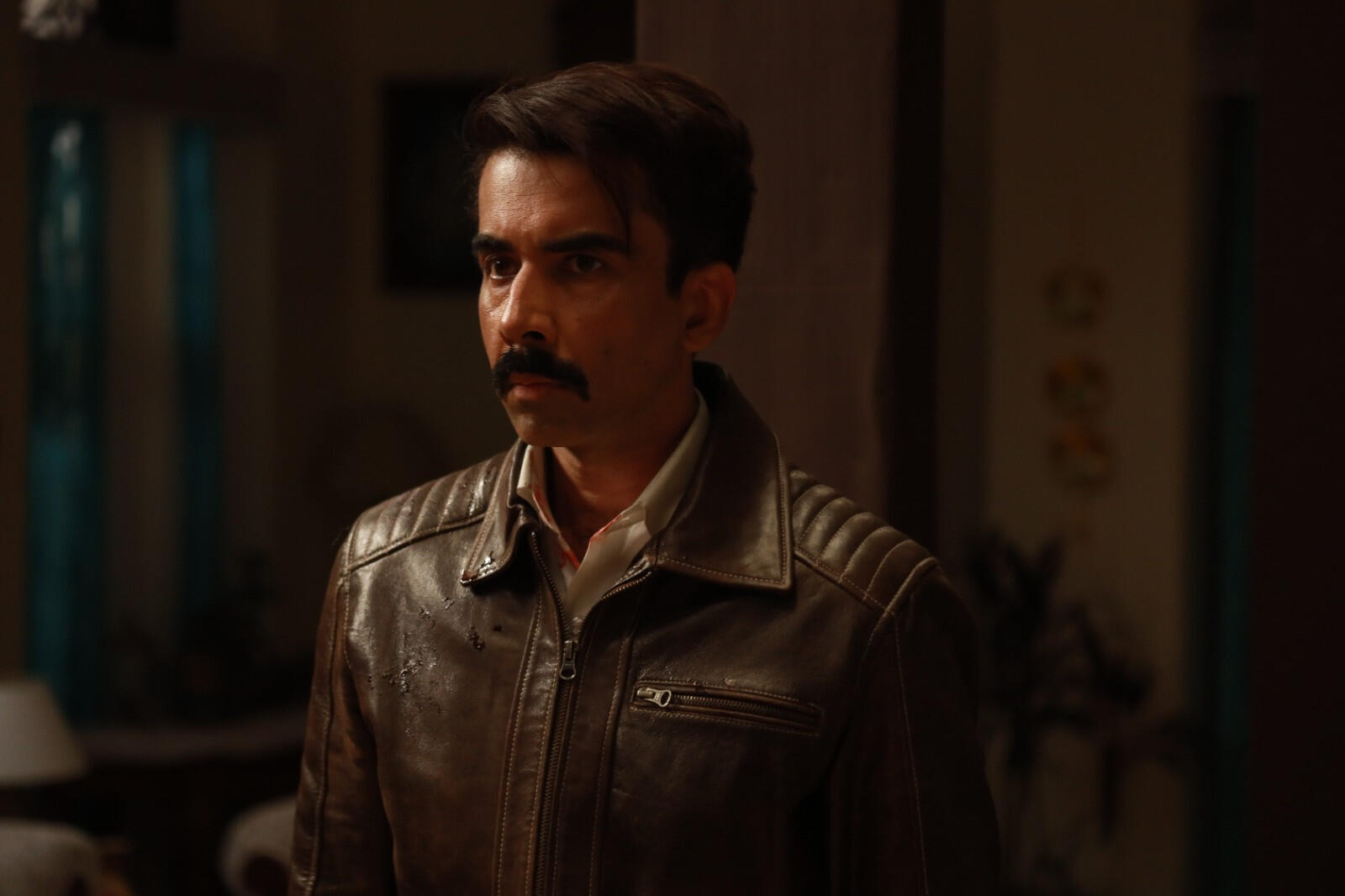
You started as an assistant director. Has that influenced the actor you are today?
Definitely, though in tangible ways. I came to Mumbai wanting to be part of films, and direction seemed like the way in. As an AD, I got to observe directors and actors closely. I worked with Dibakar Banerjee on Shanghai and with Danis Tanović on Tigers. Being on set taught me discipline, collaboration, and filmmaking from the inside. Subconsciously, all of that shaped the actor I’ve become.
You mentioned Dibakar Banerjee. What did you take away from working with him?
Dibakar’s films, along with those by Anurag Kashyap, Imtiaz Ali, and Zoya Akhtar, made me believe that closer-to-life stories had a place in Indian cinema. Working with him reinforced that belief. Interestingly, my first ad as an actor was with him, and I even had a small acting part in Shanghai. So, in many ways, my acting debut also happened under his direction.
What was it like stepping into the intense world of a spy thriller in Salakaar?
When you get a script, the approach is always the same. You learn your lines, understand the director’s vision, and then surrender to it. Acting is never in isolation, it’s collaborative. For Salakaar, Faruk Kabir had the character clearly etched in his head. I followed his instructions, did action rehearsals, worked on my posture, practiced bike riding, and tried to embody the physicality of a spy. It was challenging but also very exciting to attempt something I’d never done before.
Did you draw inspiration from real-life spies or screen references?
Not really. I stuck to the script and my director’s brief. Faruk had already done the research. My job was to create the personality of a spy, his posture, his ease with weapons, his presence, without imitating anyone.
How did you prepare for the action sequences?
We did a few days of rehearsals, especially for the gunfight and bike sequences. I even improvised a fall during the gun scene in the first episode, and Faruk kept it. Riding a bike in Ladakh was a different challenge altogether compared to rehearsing in Mumbai. It was all about embodying the physical side of the character.
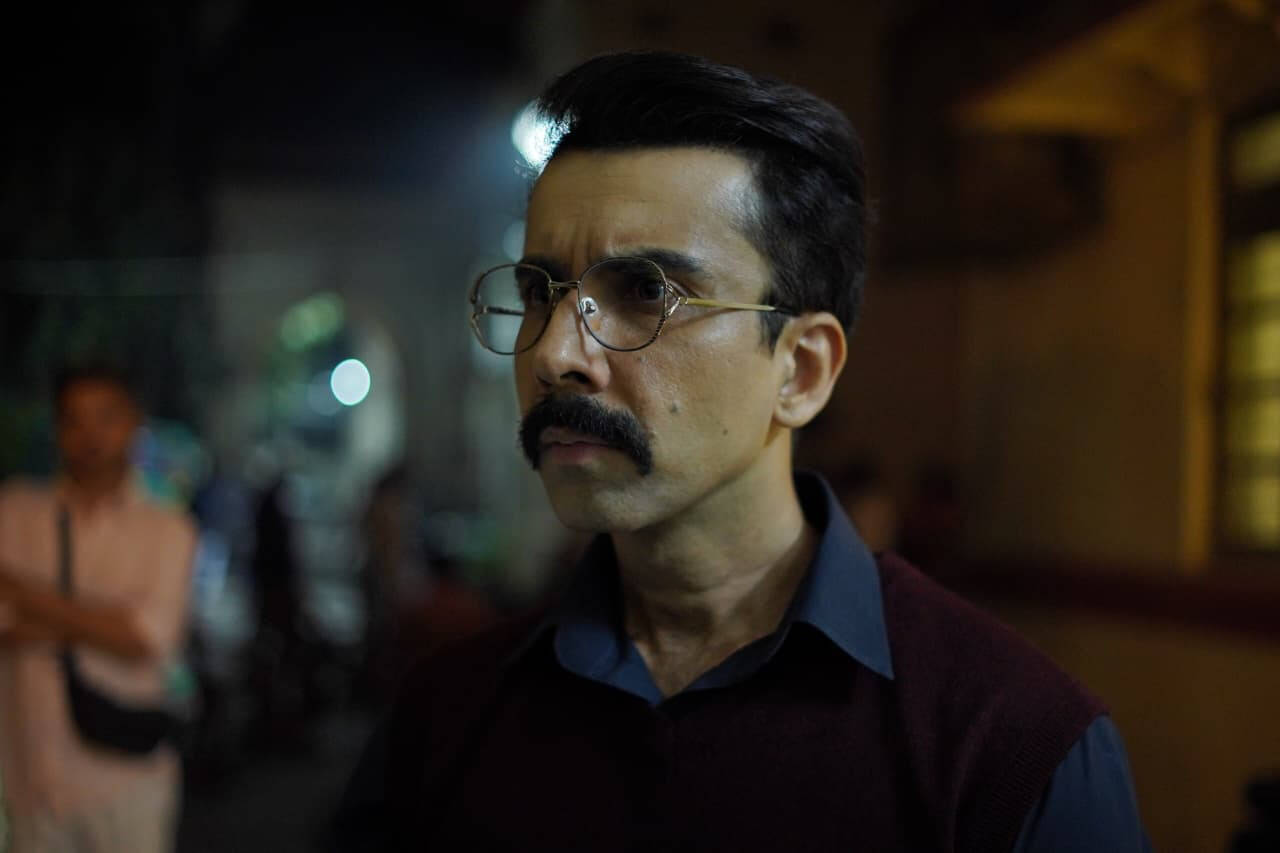
You shared screen space with Mukesh Rishi. What was that like?
It was surreal. I’ve grown up watching him in films like Sarfarosh and Ghatak. He was always intimidating on screen, but in real life he’s warm and affectionate. Shooting with him was a joy, I kept asking him about his past roles. What stood out was his sincerity. Even after decades in the industry, he approaches every scene as if he’s doing it for the first time. That humility and authenticity are inspiring.
You’ve also shared screen space with Rajkummar Rao. Any learnings from that collaboration?
Yes, during Bose: Dead/Alive. Raj was already an established name, and what struck me was his sincerity. Despite his stature, he approaches every role with honesty and humility. He’s passionate about cinema and never takes his work lightly. Watching that reinforced for me the importance of giving 100% every single time.
Pitchers remains a milestone in your career. Looking back, what did it change for you?
Pitchers was the real beginning of my acting career. I had done Sulemani Keeda before that, which led me to TVF, but Pitchers made me a household name. It connected deeply with young audiences and gave me the confidence to continue as an actor. Later, Aspirants gave another big push to my career. Even today, when people meet me, they often associate me with TVF, it’s a perception that has stayed, and I’m grateful for it.
Your role in Aspirants is still widely discussed. What do you think resonated most?
The writing. Abhilash is one of the most nuanced characters I’ve played. People often label him selfish, but I see him as the opposite. He’s deeply layered and very real, which is why he connected with so many viewers.
This article first appeared on Filmfare
📰 Crime Today News is proudly sponsored by DRYFRUIT & CO – A Brand by eFabby Global LLC
Design & Developed by Yes Mom Hosting


